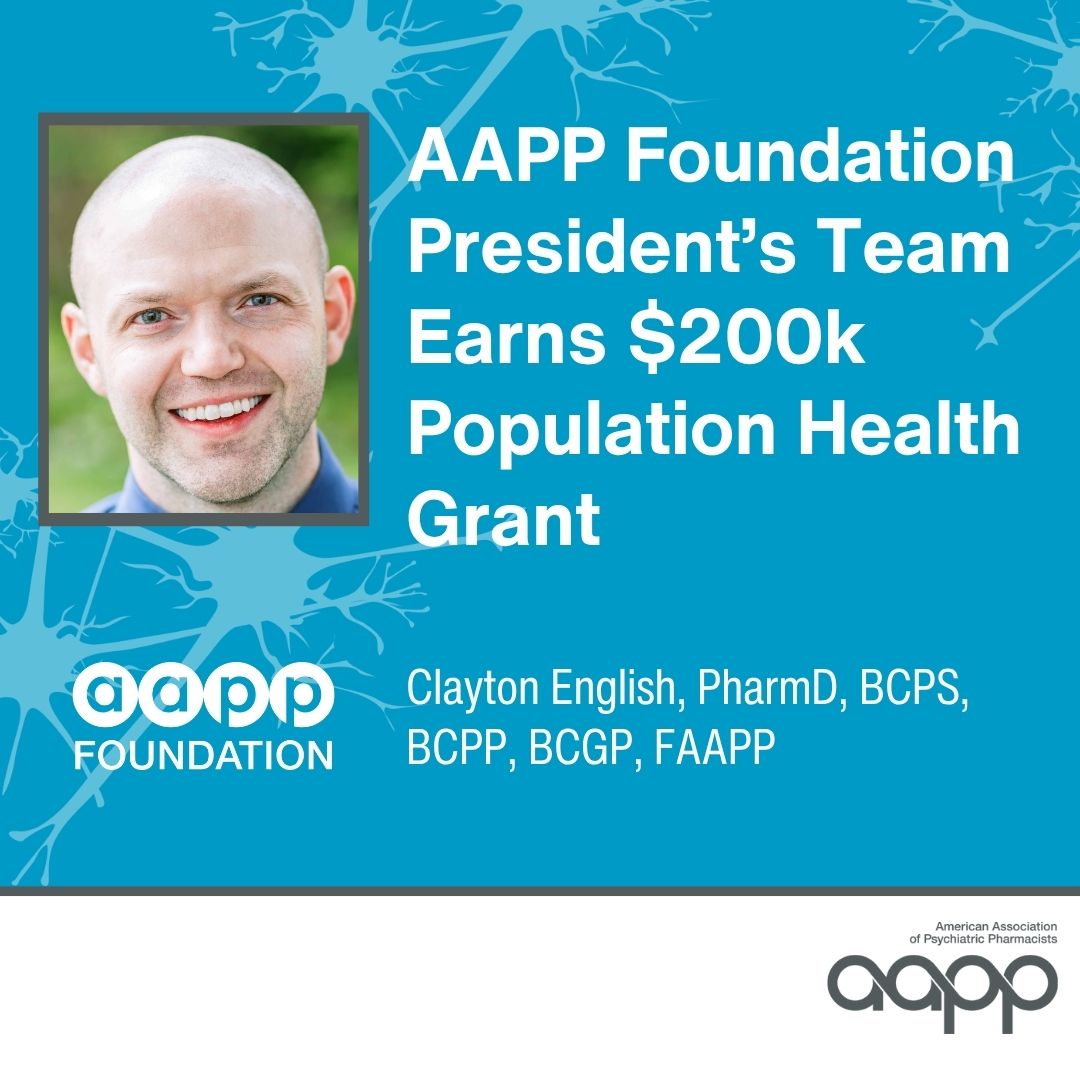Searching for Solutions
Updated Clozapine Toolkit Now Available!

The Clozapine in Practice toolkit has recently been updated to reflect the discontinuation of the REMS and to describe current information on monitoring guidelines. A special thanks to lead author Jonathan Leung and co-authors Robin Hieber, Jenna Stearns, and Greg Deardorff for their work to update this important toolkit.
EU to Ease Clozapine Monitoring Frequency After First Year

The European Medicines Agency’s (EMA) Pharmacovigilance Risk Assessment Committee has recommended easing routine blood count monitoring for patients on clozapine, citing new data that show that the risk for severe neutropenia and agranulocytosis declines significantly after the first year of treatment. Under the updated guidelines, monitoring for patients without a history of neutropenia can be reduced to once every 12 weeks after the first year, and to once annually after 2 years. In addition, absolute neutrophil count (ANC) will now be the sole parameter used for hematologic monitoring, replacing the previous requirement to also measure white blood cell count. The revised recommendations are supported by a joint expert statement from the European Clozapine Task Force, published this year, which called for changes to the monitoring protocol due to the very low incidence of late-onset agranulocytosis.
Optimizing Treatment With Aripiprazole Monohydrate: Pharmacokinetic Advantages of Long-Acting Injectable Formulations, A Consensus Panel Report

AAPP member Steve Saklad co-authored the study that highlights key considerations for optimizing the use of aripiprazole monohydrate LAIs in clinical practice to enhance treatment outcomes in patients with schizophrenia and BP-I. Funding was provided by funding by Otsuka Pharmaceuticals Europe Ltd & H. Lundbeck A/S.
Pharmacy Times Interview Touts Psychiatric Pharmacists

President Jolene Bostwick and Executive Director Brenda Schimenti had the opportunity to discuss the vital role of board-certified psychiatric pharmacists (BCPPs) in integrated care teams. The interview highlights psychiatric pharmacist expertise in comprehensive medication management, the role of collaborative practice agreements, the psychotropic stewardship model, and how psychiatric pharmacists improve outcomes for patients with psychiatric disorders. The interview closes by addressing significant policy barriers, including lack of reimbursement and federal recognition, that limit broader implementation and growth of the profession.
AAPP Foundation President’s Team Earns $200k Population Health Grant

Long-time AAPP member and the current AAPP Foundation President, Clayton English, PharmD, BCPS, BCPP, BCGP, FAAPP, is part of a team of SoP faculty researchers at the University of Washington School of Pharmacy that has been awarded a $200,000 Tier 3 pilot research grant from the UW Population Health Initiative. The team’s work aims to address the rise in opioid overdose deaths, increasingly driven by fentanyl. This work is vital to public health. Help us congratulate Dr. English!
Hawai'i Recognizes Pharmacists as HCPs

Hawai’i has passed SB 1245, an advancement that will recognize pharmacists as health care providers under Hawai'i law and ensure health plan reimbursement for services they provide within their scope of practice.
Summary of Health Provisions in the 2025 Federal Budget Reconciliation Bill

The Kaiser Family Foundation has prepared a summary describing the health care provisions in the law (described as the Senate-passed bill) in four categories: Medicaid, the Affordable Care Act, Medicare and Health Savings Accounts (HSAs).
Absolute neutrophil count and adverse drug reaction monitoring during clozapine treatment: consensus guidelines from a global Delphi panel

The Lancet Psychiatry - Absolute neutrophil count and adverse drug reaction monitoring during clozapine treatment: consensus guidelines from a global Delphi panel
